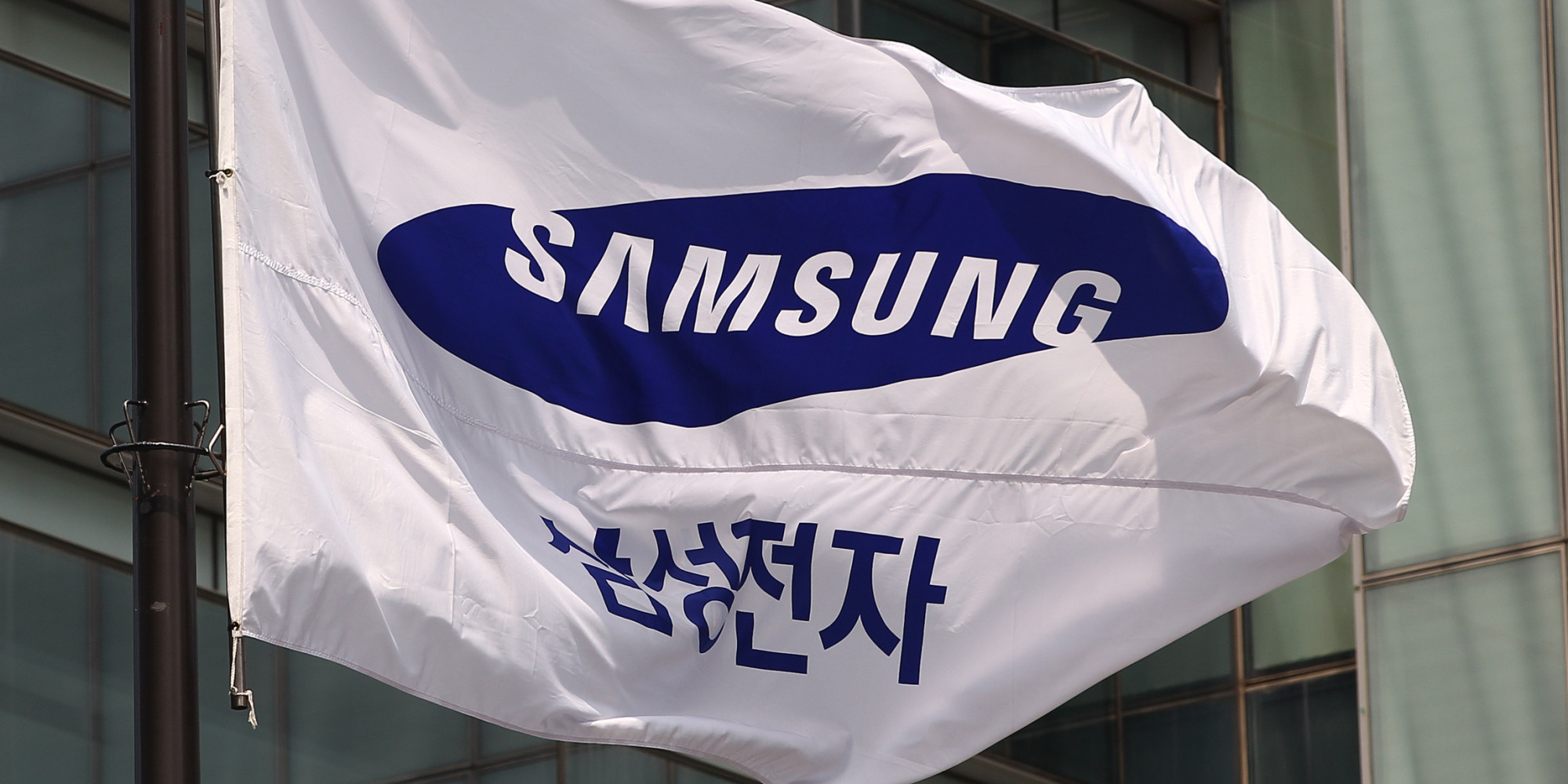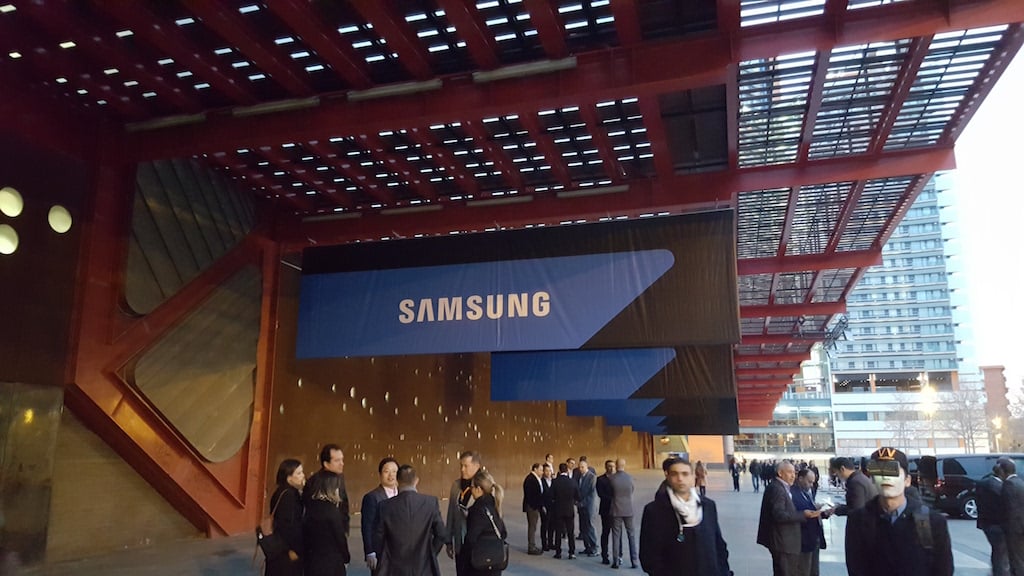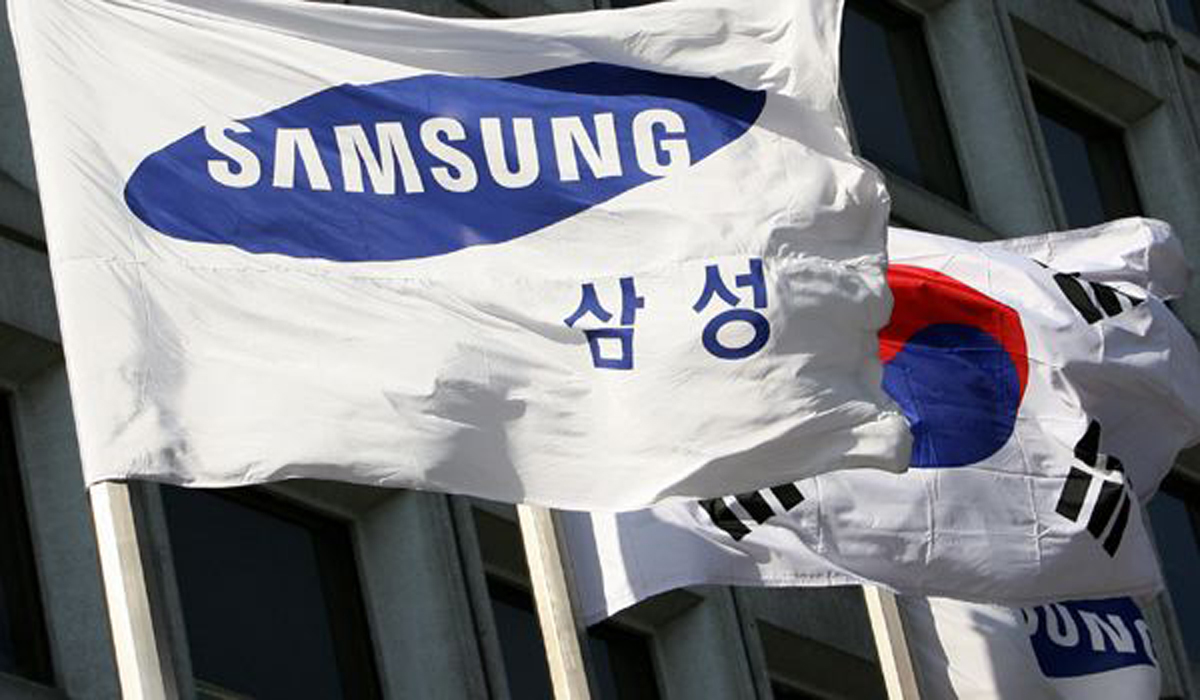
That wasn't a one-time thing. Samsung's semiconductor business has seen a terrific boom in the past year and that has helped the company close out 2017 not only with record profits, but properly dethroning Intel as well. Samsung is now the largest chipmaker in the world by revenue.
Intel brought this on itself
It's not like Intel had a bad year in 2017. Sales were up six percent and the company posted a healthy growth in revenues, bringing in $62.8 billion last year but it wasn't enough to match Samsung. The Korean giant revealed in its Q4 and year-end earnings result today that its semiconductor division generated $69.1 billion in revenues last year.
You might be wondering how Samsung has been able to do that given that Intel processors are found in a significant majority of all computers in the world. Samsung makes processors for mobile devices not for notebooks and desktops.
Samsung has dethroned Intel because of memory chips which are a crucial component for both smartphones and computers. It has built a dominant position in the memory chip market. It will be difficult to find a smartphone or tablet these days that doesn't have a Samsung-built RAM inside. It's also becoming increasingly dominant in the solid state drive market.
It's ironic that Intel may have handed over the crown to Samsung itself even if it took the latter more than two decades to take it. Intel created its memory business in the 1960s but it left the market when competition from Japanese companies grew significantly in the 1990s.
Samsung kept its head down and steadily established a position of dominance in the memory business. It's capital expenditure on consolidating and securing its lead now crushes rivals. Intel recently entered the memory business once again but it's going to take the company a very long time to catch up to Samsung.
The Korean giant expects to keep raking in the cash from its semiconductor division. It's right to assume that as mobile device shipments continue to grow. Moreover, memory chips are also making it into smart home devices and even cars. Samsung's position of dominance and ability to mass produce these chips at scale puts it at an advantage.














